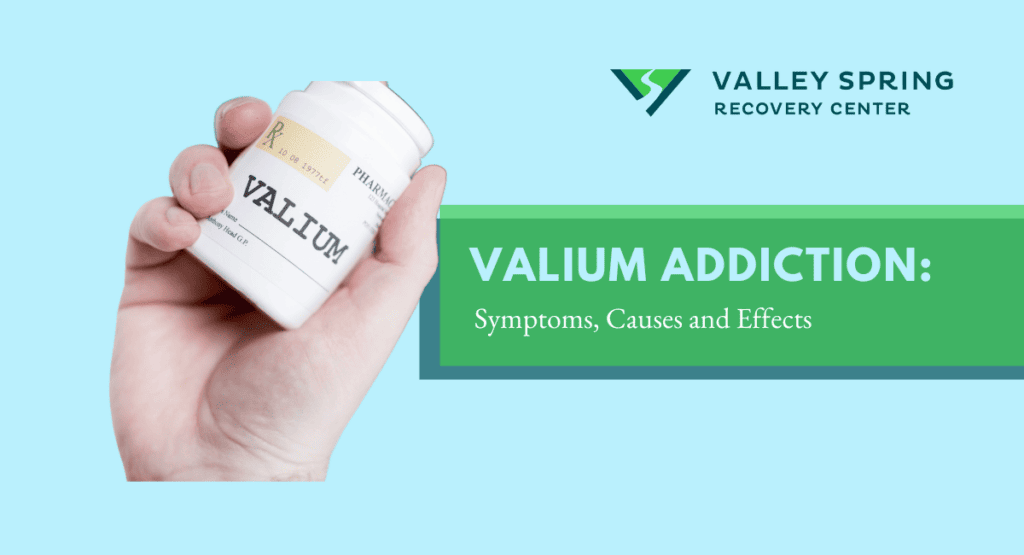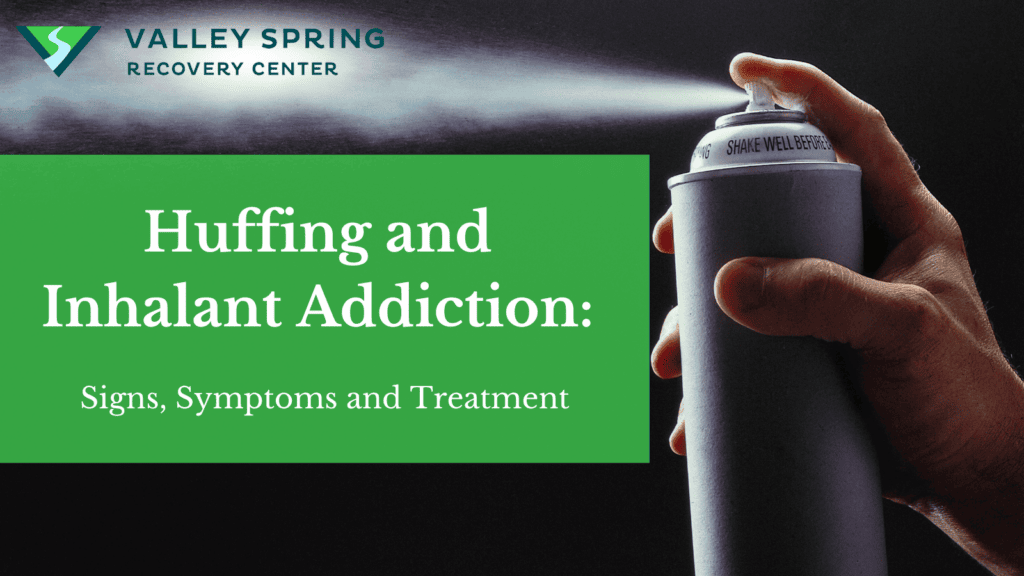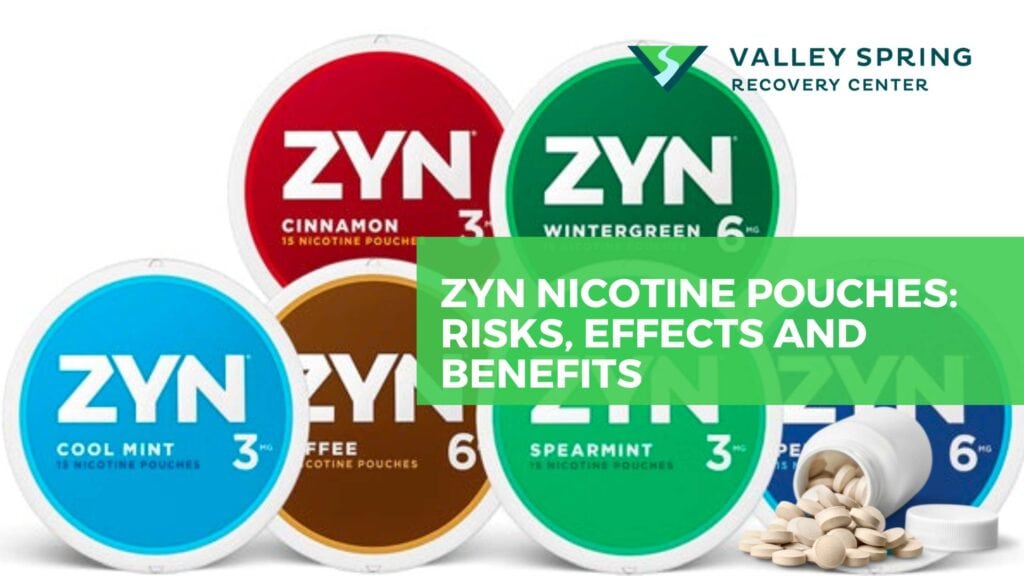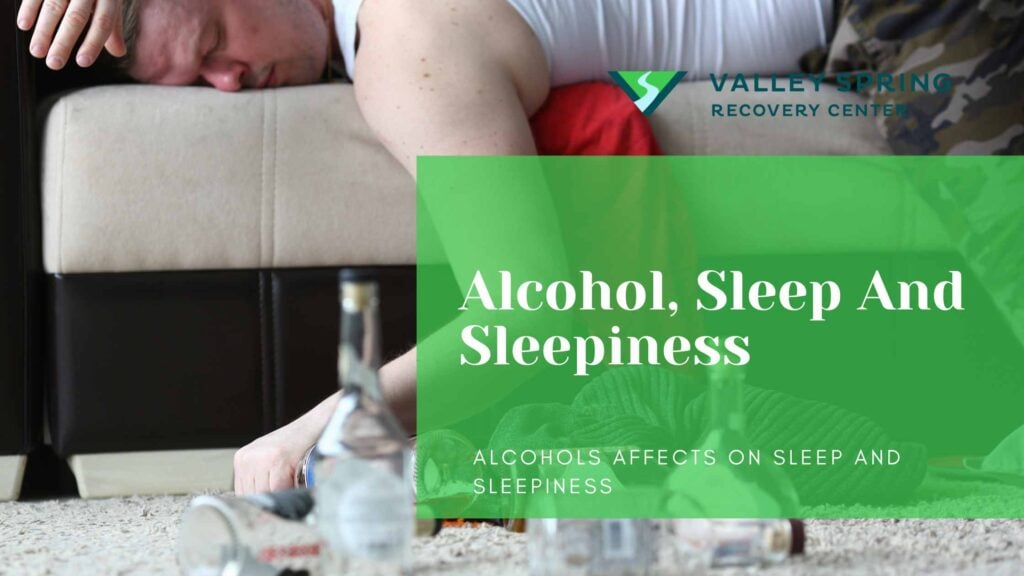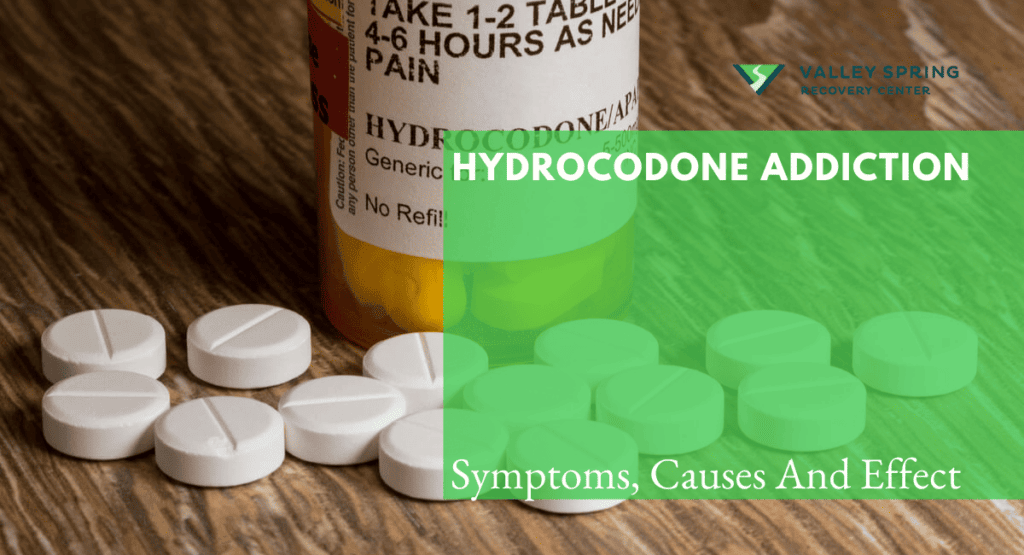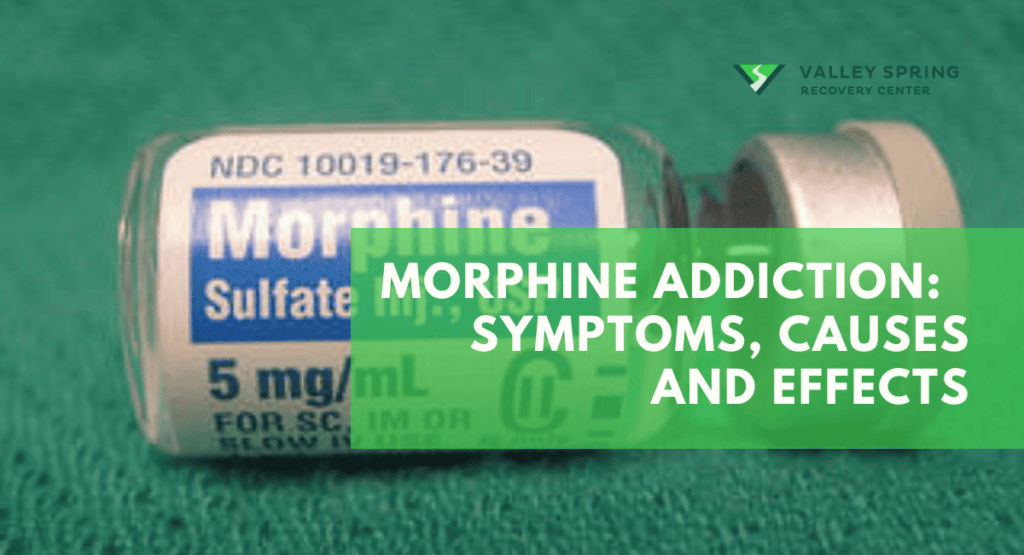Valium addiction is a serious condition characterized by the compulsive and harmful use of the medication. Valium addiction is a worldwide concern with an estimated 5.4 million people aged 12 or older reporting a misuse of benzodiazepines, including Valium in the past year, according to the National Survey on Drug Use and Health (NSDUH).
The symptoms of Valium addiction can include an increased tolerance to the drug, withdrawal symptoms when attempting to quit, and a preoccupation with obtaining and using the medication.
The causes of Valium addiction can be multifaceted, including factors such as a history of substance abuse, underlying mental health conditions, and prolonged or inappropriate use of Valium.
The effects of Valium addiction can be detrimental to a person’s physical and psychological well-being, causing impairment in daily functioning, strained relationships, financial difficulties, and potentially life-threatening overdose.
What is Valium?
Valium, whose generic name is diazepam, is a medication belonging to the benzodiazepine class of drugs. It is commonly used for its sedative, muscle relaxant, anxiolytic (anxiety-reducing), and anticonvulsant properties and serves as a central nervous system depressant (CNS Depressant). Key aspects of Valium according to a report by the Food & Drug Administration in February 2021:
- Uses: Valium is prescribed for a variety of conditions including anxiety disorders, muscle spasms, seizures (as part of a comprehensive treatment plan), and sometimes for alcohol withdrawal symptoms. It is also used as a sedative before certain medical procedures.
- Mechanism of Action: Valium works by enhancing the effects of a neurotransmitter called gamma-aminobutyric acid (GABA) in the brain. GABA is a naturally occurring brain chemical that produces a calming effect, and by boosting its activity, Valium helps to relieve symptoms of anxiety, muscle tension, and seizures.
- Potential for Abuse and Dependence: Valium can be habit-forming, leading to physical and psychological dependence, especially when used for a prolonged period or in higher dosages. Its use is generally recommended for short-term treatment due to the risks of addiction, tolerance, and dependence.
- Side Effects: Common side effects of Valium include drowsiness, tiredness, dizziness, muscle weakness, and unsteadiness. More serious side effects can occur, and its use should be closely monitored by a healthcare professional.
- Withdrawal: Abrupt discontinuation of Valium, particularly after prolonged use, can lead to withdrawal symptoms such as anxiety, agitation, tremors, and, in severe cases, seizures. Tapering off the medication under medical supervision is usually recommended.
- Interactions: Valium can interact with various other medications and substances, especially those that depress the central nervous system, like alcohol, opioids, and other benzodiazepines, potentially leading to dangerous effects.
- Prescription and Control: Valium is a controlled substance in many countries, including the United States, where it is classified as a Schedule IV controlled substance due to its potential for abuse and dependence. It is available only with a prescription.
Valium is an effective medication for specific medical conditions but should be used with caution, under the guidance of a healthcare provider, due to its potential for abuse, dependence, and withdrawal symptoms.
What is Valium Addiction?
Valium addiction, also known as diazepam addiction, is a condition where a person becomes dependent on and compulsively uses the medication Valium (which contains the active ingredient diazepam). Valium belongs to a class of drugs called benzodiazepines, which are commonly prescribed for the treatment of anxiety disorders, muscle spasms, seizures, and alcohol withdrawal symptoms.
When used as prescribed, Valium can be effective and safe. However, if Valium is used for an extended period or taken in higher doses than prescribed, it can lead to tolerance, dependence, and addiction. Valium has a sedative and calming effect on the central nervous system, and with prolonged use, the brain may adapt to the presence of the drug, requiring higher doses to achieve the same effects.
Why Do People Consume Valium?
People consume Valium for several reasons. It is commonly prescribed by healthcare professionals to address various medical conditions. One primary reason for Valium use is the treatment of anxiety disorders, including generalized anxiety disorder (GAD), panic disorder, and social anxiety disorder.
Valium is prescribed for individuals experiencing muscle spasms caused by conditions like multiple sclerosis, cerebral palsy, or spinal cord injuries. It is also used as an anticonvulsant medication to control and prevent seizures in individuals with seizure disorders. Furthermore, Valium is sometimes administered to manage alcohol withdrawal symptoms, helping to alleviate anxiety, agitation, and potential seizures that can occur when individuals stop drinking alcohol abruptly.
Another utilization of Valium is for sedation before medical procedures. Healthcare professionals may use Valium to induce sedation and reduce anxiety in patients before certain medical procedures or surgeries. By helping patients feel more relaxed and comfortable, Valium facilitates a smoother experience during these interventions.
It is important to note that Valium should only be used under the supervision and guidance of a healthcare professional. While it can provide therapeutic benefits, Valium also carries potential side effects and the risk of dependence and addiction. Because of these sedative effects, some people may constantly consume Valium to experience the same feelings long after treatment has been completed, leading to tolerance, dependence, and addiction.
What are the Signs and Symptoms of Valium?
The signs and symptoms of Valium addiction can manifest in various ways, including the following:
- Compulsive drug use
- Increased tolerance
- Withdrawal symptoms
- Neglected responsibilities
- Continued use despite negative consequences
- Changes in behavior and social withdrawal
- Cravings and preoccupation
- Doctor shopping or obtaining Valium from multiple sources
- Isolation from friends and family
- Loss of interest in previously enjoyed activities
- Secretive or deceptive behavior related to drug use
- Needing higher doses to achieve desired effects
- Spending excessive time and effort obtaining and using Valium
- Neglecting personal hygiene and self-care
- Prioritizing drug use over other obligations and responsibilities
- Financial difficulties due to spending money on Valium
- Relationship problems and strained interpersonal interactions
- Physical signs such as drowsiness, slurred speech, and impaired coordination.
Remember that individual experiences with Valium addiction can vary. If you suspect Valium addiction in yourself or someone you know, it is recommended to consult with a healthcare professional or addiction specialist for proper evaluation and guidance.
What are the Causes of Valium Addiction?
The development of Valium addiction, or addiction to diazepam, can be influenced by various factors. Here are some potential causes and contributing factors to Valium addiction:
1. Prolonged or high-dose use
Taking Valium for an extended period or in higher doses than prescribed can increase the likelihood of developing addiction. Continued use can lead to physical dependence and changes in the brain’s reward and pleasure pathways.
2. Self-medication
Some individuals may misuse Valium as a means of self-medicating for underlying mental health conditions, such as anxiety or insomnia. They may find temporary relief from their symptoms when using Valium, leading to a cycle of dependence and addiction.
3. Co-occurring substance use disorders
Individuals with a history of substance use disorders, such as alcohol or opioid addiction, may be at a higher risk of developing Valium addiction. The interaction between different substances can potentiate their effects and increase the risk of addiction.
4. Genetic predisposition
There may be a genetic component that influences an individual’s susceptibility to addiction. Certain genetic variations can affect how the brain responds to Valium and increase the risk of developing addictive behaviors.
5. Environmental factors
Environmental influences, such as exposure to substance abuse within the family or social circle, can contribute to the development of addiction. Stressful life events, trauma, and lack of social support can also increase the vulnerability to addiction.
6. Psychological factors
Certain psychological factors, such as a history of trauma, untreated mental health conditions, or a tendency toward impulsive behavior, can increase the risk of developing addiction to Valium.
Note that not everyone who uses Valium will develop an addiction, and individual susceptibility can vary. If you have concerns about Valium use or addiction, it is recommended to seek professional help from a healthcare provider or addiction specialist for a comprehensive evaluation and appropriate guidance.
What are the Effects of Valium Addiction?
The effects of Valium addiction can range from physical to psychological, emotional, and social. They can include the following:
1. Physical health effects
Prolonged Valium addiction can lead to physical health complications. These may include drowsiness, dizziness, impaired coordination, muscle weakness, and decreased motor skills. Individuals may also experience gastrointestinal issues, such as constipation or nausea. In severe cases, long-term Valium use can contribute to respiratory depression, cardiovascular problems, and liver damage.
2. Mental health effects
Valium addiction can have significant impacts on mental health. Individuals may experience increased anxiety, depression, and mood swings. They may also have difficulty with memory, attention, and cognitive functions. Co-occurring mental health disorders may worsen or become more challenging to manage due to the addictive behavior.
3. Relationship problems
Valium addiction can strain relationships with family, friends, and romantic partners. Individuals may prioritize drug use over personal and social obligations, leading to conflicts, broken trust, and isolation. The behavioral and emotional changes associated with addiction can impact the quality and stability of relationships.
4. Occupational and academic issues
Valium addiction can interfere with work or school performance. Individuals may struggle with concentration, memory, and productivity. Frequent absences, decreased motivation, and impaired decision-making can jeopardize employment or educational opportunities.
5. Financial difficulties
The cost of acquiring Valium, especially when obtained illicitly or without a prescription, can lead to financial strain. Individuals may spend significant amounts of money on obtaining the drug, neglecting other essential expenses and responsibilities.
6. Legal consequences
Misuse or illicit acquisition of Valium can result in legal problems. This can include charges related to drug possession, prescription fraud, or driving under the influence. Legal issues can further exacerbate the personal and social consequences of Valium addiction.
7. Risk of overdose
Valium addiction increases the risk of overdose, especially when individuals take higher doses or combine Valium with other substances. Overdose can lead to life-threatening respiratory depression, unconsciousness, coma, or death.
These effects can vary among individuals and may depend on factors such as the extent of addiction, co-occurring conditions, and overall health.
How Does Valium Affect The Brain?
Valium acts on the brain by enhancing the effects of a neurotransmitter called gamma-aminobutyric acid (GABA). Here’s how Valium affects the brain:
1. GABAergic activity
Valium binds to specific receptors in the brain known as GABA-A receptors. GABA is an inhibitory neurotransmitter that helps regulate the activity of neurons in the central nervous system. Valium enhances the binding of GABA to these receptors, which increases the inhibitory effects of GABA on neuronal activity.
2. Increased inhibitory effects
By enhancing GABA activity, Valium increases the overall inhibitory tone in the brain. This leads to a decrease in the excitability of neurons, resulting in sedative, anxiolytic (anti-anxiety), muscle relaxant, and anticonvulsant effects.
3. Calming and sedative effects
Valium’s enhancement of GABA activity helps reduce excessive brain activity, resulting in a calming and soothing effect. This can help alleviate symptoms of anxiety, promote relaxation, and induce sleep.
4. Anticonvulsant effects
Valium’s ability to increase GABAergic activity also contributes to its anticonvulsant properties. By reducing neuronal excitability, Valium can help prevent or reduce the frequency of seizures.
5. Memory and cognitive effects
Valium can affect memory and cognitive function, particularly at higher doses or with long-term use. It can impair short-term memory and attention and decrease alertness and mental sharpness.
6. Reward system and addiction potential
Valium activates the brain’s reward system, which involves the release of dopamine, a neurotransmitter associated with pleasure and reinforcement. This activation can contribute to the potential for Valium to be addictive. Prolonged use of Valium can lead to adaptive changes in the brain’s reward system, contributing to the development of tolerance, dependence, and addiction.
What Are The Valium Addiction Statistics Within The Category of Benzodiazepines?
Valium is a benzodiazepine, commonly used for treating anxiety and insomnia, and has significant usage and misuse statistics. According to a 2019 study reported by the National Institute on Drug Abuse (NIDA), approximately 12.6% of adults in the United States used benzodiazepines, with 2.2% misusing them. Misuse includes actions such as taking higher doses than prescribed or using them for recreational purposes. Interestingly, only 0.2% of adults in the U.S. were identified as having a benzodiazepine use disorder, a form of addiction.
Further emphasizing the misuse concern, NIDA’s 2021 data revealed that about 1.4 percent of the U.S. population aged 12 and older, translating to around 3.9 million people, misused prescription benzodiazepines in the last year. The highest rate of misuse was observed among the 18 to 25 age group. Additionally, an annual survey found that 30.6 million adults, or 12.6% of the population, reported using benzodiazepines, with 10.4% using them as prescribed and 2.2% misusing them, which accounted for 17.2% of overall benzodiazepine use.
The misuse of benzodiazepines also contributes significantly to overdose deaths. Nearly 14% of opioid-related overdose deaths in 2021 involved benzodiazepines. Over a longer timeframe, from 1999 to 2021, the number of overdose deaths involving benzodiazepines in the U.S. increased from 1,135 to 12,499, with a brief decline observed between 2017 and 2019.
These statistics, sourced from the National Institute on Drug Abuse, an authoritative government body on drug abuse and addiction, highlight the critical need for careful prescription and monitoring of benzodiazepines due to their potential for misuse and associated risks, especially among younger adults.
What is the Difference Between Valium (Diazepam) and Klonopin (Clonazepam)?
Valium (diazepam) and Klonopin (clonazepam) are both benzodiazepine medications that affect the central nervous system, but they have some differences, including:
1. Indications
Valium is primarily used to treat anxiety disorders, muscle spasms, and alcohol withdrawal symptoms. It may also be used as an adjunctive treatment for seizures. Klonopin is primarily prescribed for the treatment of seizures (epilepsy), panic disorder, and certain types of anxiety disorders, including social anxiety disorder and generalized anxiety disorder.
2. Duration of Action
Klonopin has a longer duration of action compared to Valium. Valium has a relatively short half-life, which means it is eliminated from the body relatively quickly. Klonopin has a longer half-life, allowing for sustained effects over a longer period.
3. Onset of Action
Valium has a relatively rapid onset of action, with effects typically felt within 30-60 minutes after ingestion. Klonopin has a slower onset of action, with effects typically felt within 1-2 hours after ingestion.
4. Dosage Strengths
Valium is available in a wider range of dosage strengths compared to Klonopin. Valium is available in tablets ranging from 2 mg to 10 mg, while Klonopin is available in tablets ranging from 0.5 mg to 2 mg.
5. FDA-Approved Uses
Valium has a broader range of FDA-approved indications compared to Klonopin. In addition to anxiety disorders and muscle spasms, Valium is also approved for the treatment of symptoms associated with acute alcohol withdrawal, preoperative sedation, and adjunctive treatment of certain types of seizures. Klonopin, on the other hand, is primarily indicated for seizures and panic disorder.
6. Metabolism
Valium is metabolized in the liver primarily by cytochrome P450 enzymes, while Klonopin is also metabolized in the liver to a lesser extent. The different metabolic pathways and rates may result in variations in how the medications are processed and eliminated from the body.
Additionally, Valium and Klonopin can cause similar side effects such as drowsiness, dizziness, cognitive impairment, and the potential for tolerance, dependence, and withdrawal symptoms with long-term use.
What are the Treatment Options for Valium Addiction?
The treatment for Valium addiction typically involves a combination of approaches and may vary depending on the individual’s specific needs and circumstances. Here are some common treatment options for Valium addiction:
1. Medical Detoxification
The first step in treating Valium addiction is often medical detoxification, which involves gradually tapering down the dosage of Valium under medical supervision. This helps minimize withdrawal symptoms and safely manage the process of eliminating the drug from the body.
2. Inpatient or Residential Treatment
In cases of severe addiction or when there are co-occurring mental health disorders, inpatient or residential treatment programs may be recommended. These programs provide a highly structured environment with 24-hour care, offering a range of therapeutic interventions, counseling, support groups, and medical monitoring.
3. Outpatient Treatment
Outpatient treatment programs are suitable for individuals with milder forms of Valium addiction or those who have completed an inpatient program. Outpatient programs typically include counseling, group therapy, education, and relapse prevention strategies while allowing individuals to live at home and maintain their daily routines.
4. Behavioral Therapies
Various evidence-based behavioral therapies can be effective in treating Valium addiction. Cognitive-behavioral therapy (CBT) helps individuals identify and change negative thought patterns and behaviors associated with drug use. Motivational interviewing (MI) can enhance motivation to change and address ambivalence about quitting Valium. Contingency management (CM) involves providing incentives for drug-free behaviors.
5. Support Groups
Participation in support groups like Narcotics Anonymous (NA) or other mutual support groups can provide individuals with ongoing peer support, encouragement, and accountability in their recovery journey. These groups offer a sense of community and a platform for sharing experiences with others facing similar challenges.
6. Medications
In some cases, medications may be used as an adjunct to treatment for Valium addiction. For example, certain medications can help manage withdrawal symptoms, reduce cravings, or address co-occurring mental health conditions. Medication-assisted treatment (MAT) may be considered under the guidance of a healthcare professional.
7. Aftercare Planning
Developing a comprehensive aftercare plan is crucial to maintaining long-term recovery. This may involve continued therapy, regular check-ins with healthcare professionals, participation in support groups, and implementing relapse prevention strategies.
It’s important to consult with a healthcare professional or addiction specialist to determine the most appropriate treatment approach for Valium addiction. The treatment plan should be tailored to the individual’s specific needs, and ongoing support is essential for sustained recovery.
Is Valium OK for long-term use?
Valium is generally not recommended for long-term use due to the risk of developing dependence, tolerance, and potential side effects. Prolonged use of Valium can lead to physical and psychological dependence, making it challenging to discontinue the medication without experiencing withdrawal symptoms. Additionally, long-term use of Valium can increase the risk of cognitive impairment, memory problems, and other adverse effects.
What is the most severe side effect of Valium?
One of the most severe side effects of Valium (diazepam) is respiratory depression. Valium is a central nervous system depressant, and in high doses or when combined with other substances that also depress the central nervous system, it can significantly slow down breathing. Respiratory depression can lead to dangerously low oxygen levels in the body and, in severe cases, can result in respiratory arrest, unconsciousness, coma, or even death.
Is Valium bad for your liver?
Valium can have an impact on liver function, especially when used in high doses or for a prolonged period. While significant liver damage due to Valium use alone is rare, it is crucial to monitor liver health, especially in individuals with pre-existing liver conditions. Combining Valium with alcohol can significantly increase the risk of liver damage.
Get Help For Valium Addiction
It is crucial for people struggling with Valium addiction to seek professional help and access appropriate treatment options to overcome the addiction and regain control of their lives. Early intervention and comprehensive therapeutic interventions for prescription pill addiction can greatly improve the chances of recovery and long-term sobriety.
Dr. Michael Olla
All author postsShare This Post

